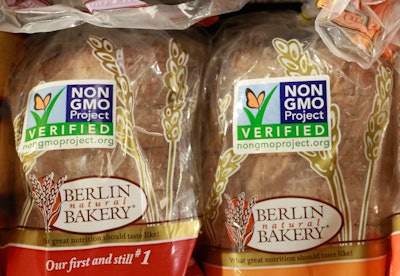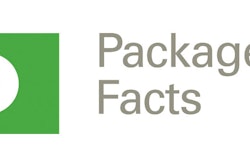
WASHINGTON (AP) — A Senate committee is moving forward on legislation that would prevent states from requiring labels on genetically modified foods.
Vermont is set to require such labels this summer. Senate Agriculture Chairman Pat Roberts of Kansas released draft legislation late Friday that would block that law and create new voluntary labels for companies that want to use them on food packages that contain genetically modified ingredients. The Senate panel is scheduled to vote on the bill Thursday.
The bill is similar to legislation the House passed last year. The food industry has argued that GMOs, or genetically modified organisms, are safe and a patchwork of state laws isn't practical. Labeling advocates have been fighting state-by-state to enact the labeling, with the eventual goal of a national standard.
Senators have said they want to find a compromise on the labeling issue before Vermont's law kicks in. But negotiations broke down between the food industry and labeling advocates.
Roberts said in a statement after releasing the draft that "negotiations will continue in an effort to reach committee agreement."
But he said the committee needs to act quickly. The Vermont law kicks in July 1.
"We are out of time," Roberts said. "The time to act is now."
The committee's top Democrat, Michigan Sen. Debbie Stabenow, said she would continue to work with Roberts on the bill.
Food industry groups swiftly praised the draft. "Congress must pass a national food labeling solution that offers farmers, families and food producers the certainty and access to the affordable and sustainable food supply they deserve," said Pamela Bailey, head of the Grocery Manufacturers Association.
Scott Faber, head of the national Just Label It Campaign, called it "outrageous" and said Roberts is proposing to deny American consumers the right to know what is in their food.
Genetically modified seeds are engineered in laboratories to have certain traits, like resistance to herbicides. The majority of the country's corn and soybean crop is now genetically modified, with much of that going to animal feed. Corn and soybeans are also made into popular processed food ingredients like high-fructose corn syrup, corn starch and soybean oil.
The food industry says about 75 percent to 80 percent of foods contain genetically modified ingredients.
While the FDA says they are safe and there is little scientific concern about the safety of those GMOs on the market, advocates for labeling say not enough is known about their risks.
So far, Vermont is the only state set to require labeling. Maine and Connecticut have passed similar laws, but those measures don't take effect unless neighboring states follow suit. Several other states could consider labeling bills this year.






















